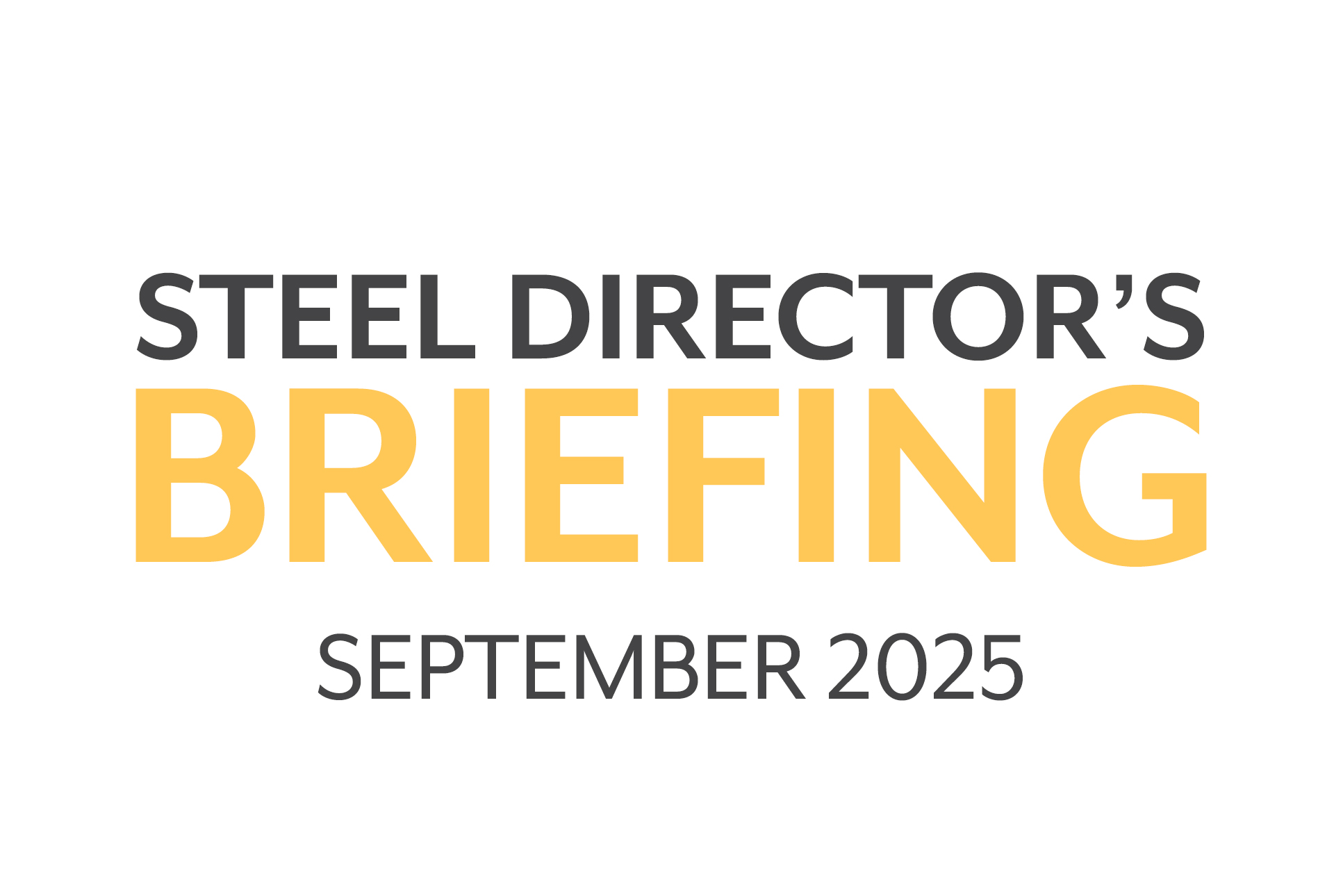New Opportunity: Pallet Maker Required – Apply Now
We are excited to announce a new opportunity for a Pallet Maker to join our team at Cooper and Jackson.…


The government’s recent decision to tighten safeguard measures was presented as a way to protect the UK’s struggling steel industry. Yet the speed of implementation, with less than a week’s notice, has created significant challenges across the supply chain. Up to six months’ worth of orders were already in production (In the Far East), in transit, or awaiting clearance at UK ports, and the new restrictions left much of this material unable to move.
The result has been congestion at ports and difficulties physically accessing coil, even when they not directly subject to quotas or tariffs. Hot-dipped galvanised coil has been the most affected, particularly imports from the Far East, leaving importers facing the choice of paying a 25% tariff or waiting for quotas to reset.
The disruption highlights the UK’s ongoing reliance on imports to fill gaps that cannot be met domestically. Tata Steel UK, now operating without blast furnaces, is still producing hot rolled, hot rolled pickled, and some galvanised coil. However, many products essential to the UK market are no longer produced. These limitations have forced buyers to look overseas, and the sudden application of safeguard measures has cut off supply routes for products that are genuinely required.
Korean and Vietnamese hot-dipped galvanised quotas were filled immediately on 01st July, triggering the 25% tariff. This has prompted some businesses to ‘double order’ from other regions such as India and Taiwan, where quota space remains available. This creates its own risks, particularly if quotas fill unexpectedly. While the government’s intention to protect the UK’s steel manufacturing industry is clear, the blanket approach to galvanised coil has restricted access to the material the market needs. Service centres and stockholders have borne the brunt. A more coordinated response from industry bodies is a missed opportunity, which could have helped communicate these nuances more effectively.
Demand across the UK market remains subdued, with little sign of a turnaround in the short term. The automotive sector is an obvious example, with car production reportedly down more than 7% year-to-date and competition from Chinese electric vehicles having a profound impact. The construction sector also remains flat, with overall demand having been weak for close to three years. While forecasts point to a modest recovery in automotive production from 2026, domestic consumption is unlikely to see meaningful improvement before then.
Some pricing indexes forecast steel prices to rise over the coming months, but, poor demand in many regions worldwide, along with overcapacity, mean that unless something major changes, this is unlikely to happen, and, prices will continue to reflect these conditions and are expected to remain largely stable through the remainder of 2025 and into 2026.
Further ahead, the planned introduction of CBAM taxes by 2027, aligned with the EU’s own schedule, will add another layer of complexity. Discussions to align the UK and EU Emissions Trading Systems could remove charges between the two regions, but uncertainty about the details is already causing concern. Some customers are delaying purchasing decisions as a result, waiting for greater clarity on both quota arrangements and carbon-related costs.
At Cooper and Jackson, the summer months proved more positive than expected, with improved activity across both contractual and spot coil sales. We have continued to refine and develop our supply chains to meet the challenges described above and have introduced new customers as a consequence.
We are also pleased to announce the launch of our new website, which showcases our industry specialisms and includes a dedicated wide coil stock page for customers to view available stock and request a quote. If you have time, please visit www.cooperandjackson.co.uk and take a look.